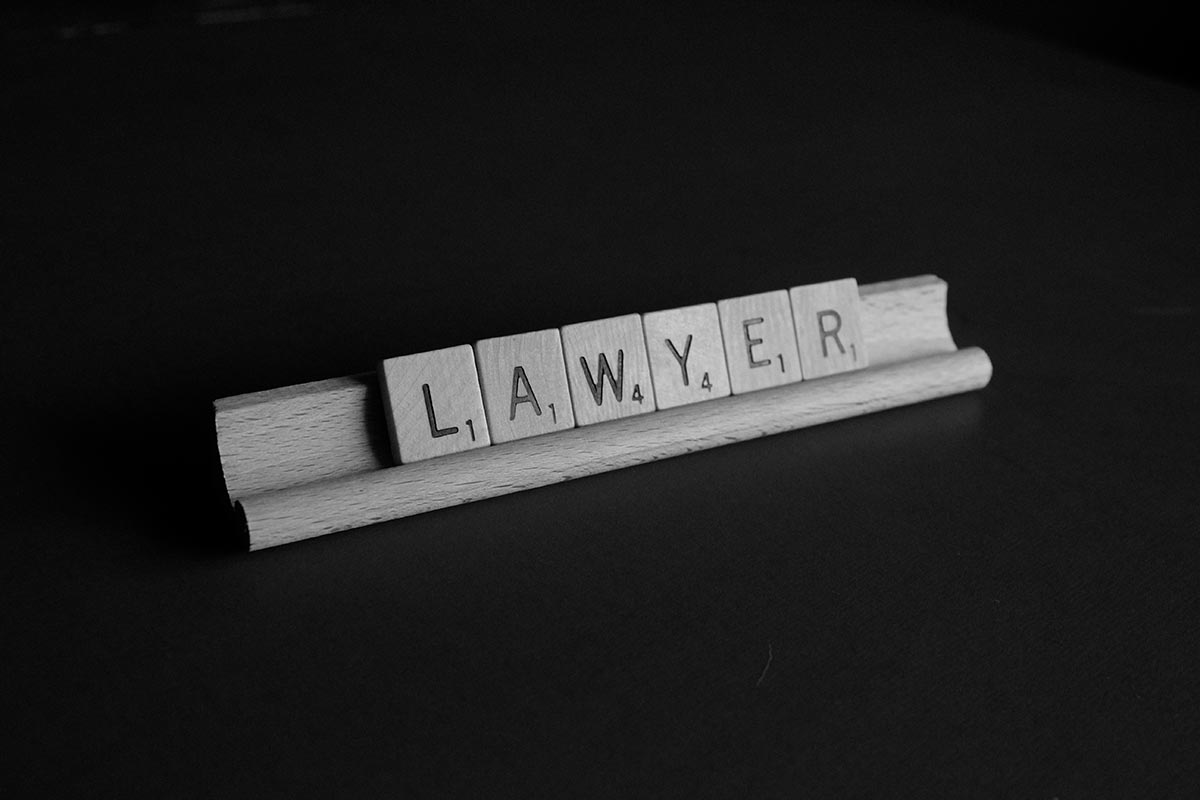Why You Shouldn’t Avoid Getting Served with Legal Documents
Usually, people go to great lengths to avoid being served with legal documents that add more challenges to the situation they are trying to ignore. On the other hand, process server firms work tirelessly to inform these individuals of the impending legal action.
However, deliberately avoiding getting served with these legal documents can compound your case and negatively affect the court process. Moreover, with 20,000 process servers in the country (Bureau of Labor Statistics), it is getting increasingly trickier to outwit them. So, what do you stand to lose when you avoid getting served? Find out more here.
The documents provide details of the case
There is no way to know the exact details of a legal case without getting served. Therefore, when you actively evade the process server, you inadvertently deny yourself the opportunity to arm yourself with relevant information concerning the matter. Knowing what is contained in these documents will help you understand how to proceed. Most importantly, you should know that avoiding the process does not necessarily halt the commencement or progress of the court process.
There have been instances where the judge overseeing the case opts for an alternative method quite different from the traditional serving technique. This involves placing the notice in the classifieds pages of the local newspaper. Unfortunately, this option denies you the opportunity to learn the details of the case.
You lose the right to defend yourself
This point is closely related to point one. As already mentioned, there is no way you can build up a defense without knowing the nitty-gritty contained in the legal document. Moreover, you cannot find out the court date and other notifications when you avoid getting served. Thus, contrary to popular beliefs, you would rather be doing yourself a lot of good by availing yourself to receive the legal documents.
You risk getting judged in your absence
As a defendant of the case, there is more to avoiding getting served. Even in your absence, a judge can still pass or file judgment which is most likely not in your favor. Therefore, your deliberate actions would have cost you your legal rights to a fair hearing. Indeed, there is no one else to blame but yourself.
While you’re devising ways and means to evade the process server, a judge would have used the substituted service (e.g., newspaper classifieds) to fulfill the law.
Suppose you were unlucky to have judgment passed (most likely not in your favor). In that case, you should expect the following things. First and foremost, you will be responsible for all the costs involved in overturning judgment. Other costs you will be required by law to pay for include the following:
- Attorney’s fees.
- All previously missed attempts to get you served.
- Expenses were made in attempts to locate the defendant (you) earlier.
In worst cases, a court of competent jurisdiction will hold you liable for default judgment passed earlier. From these few points, you can see how you stand disadvantaged when you take extreme measures to avoid your process server. Better to face the music now than later.




















